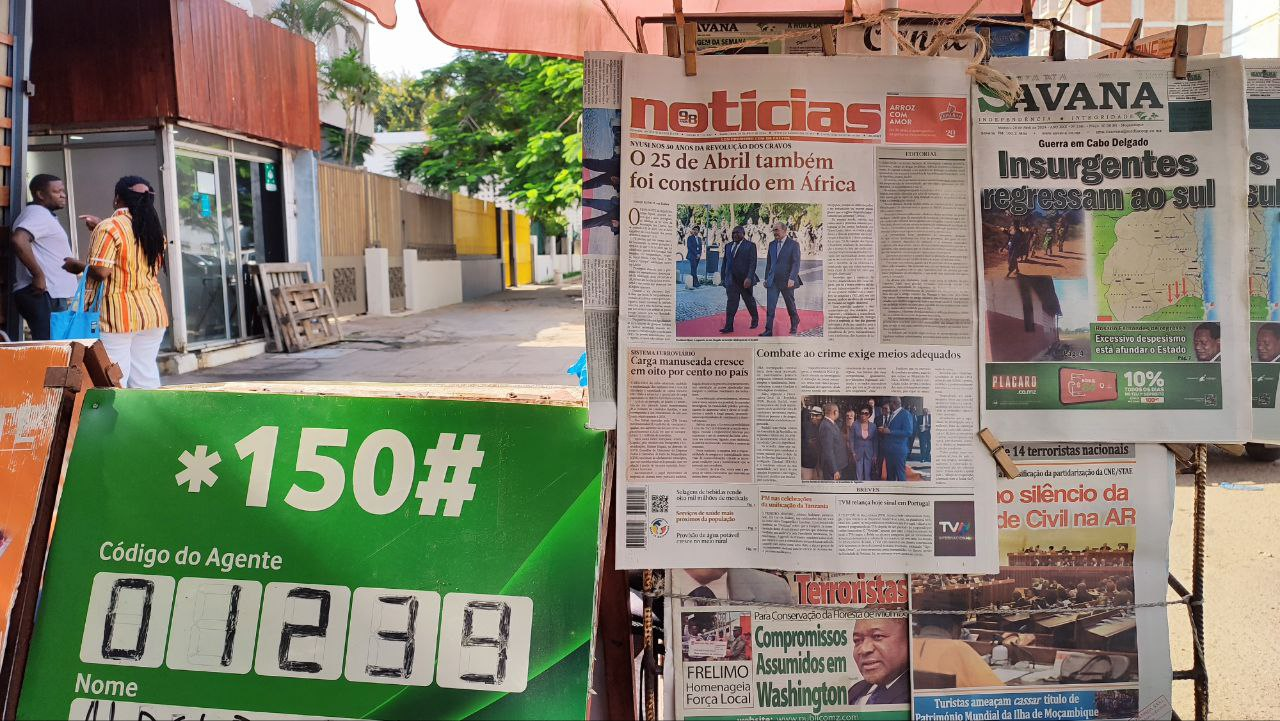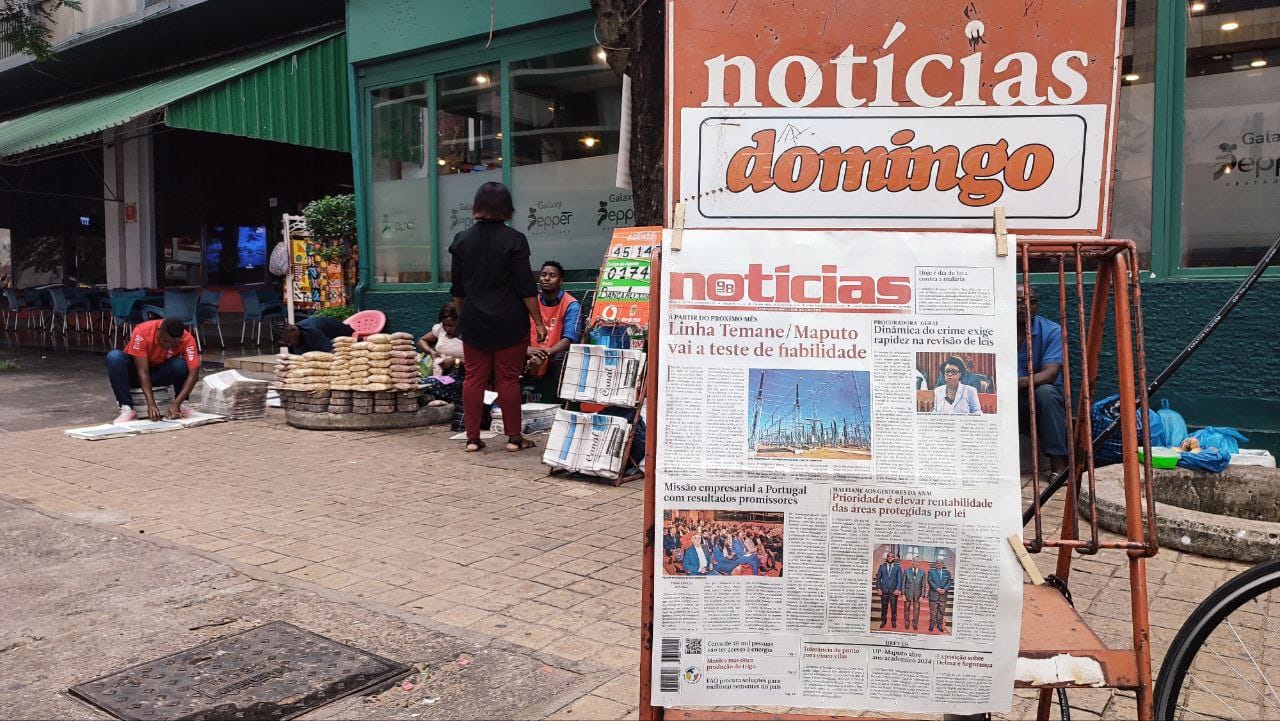Famine, conflict, and sexual violence in Mozambique are at risk of worsening as aid money is squeezed by donor fatigue and competition from other international crises, humanitarian agencies have warned.
The United Nations (UN)’s Humanitarian Response Plan for Mozambique in 2023 is currently only 36% funded, needing a further $328.6m to meet the assessed needs of communities affected by natural disasters and the Islamic State-backed insurgency in Cabo Delgado province. This represents a sharp decline from 2022, when that year’s plan was 72.6% funded.
This funding shortfall has already had a drastic impact on the operational capacity of UN agencies in Mozambique. In November, the World Food Programme (WFP) announced it was forced to cut support to approximately 200,000 internally displaced people (people who have been forced to move to other parts of the country for various reasons of survival) due to budget constraints.
The UN ‘Cost of Inaction’ report, published in October, warned that without additional funding, it would fall short of feeding up to 850,000 people. Furthermore, 20,000 households will be left without basic shelter and nearly 100,000 people in high-cholera environments will go without sanitation.
“[Mozambique] is becoming a ‘forgotten crisis’,” said Brechtje van Lith, the Mozambique director of charity Save the Children. “We have an armed conflict in the north, which has grave implications for about 2m people altogether, but if you compare it to other crises around the world, the scale is maybe perceived to be more limited or protracted, so there’s not a lot of media interest.”
The availability of funds for conflict-affected communities in Cabo Delgado is also challenged by natural emergencies in Mozambique, such as cyclones and droughts, which are set to become more frequent and more destructive with climate change. There are still 130,000 people living in displacement camps in the central province of Sofala as a result of Cyclone Idai in 2019, according to the International Organization for Migration. Mozambique was rated as the world’s most vulnerable country to extreme weather in 2021, according to the Global Climate Risk Index.
“Donor fatigue with cyclical emergency response is very evident,” said Maria Carolina Silva, the Mozambique director of Christian charity World Vision. She told Zitamar News that their emergency appeal for donations after Cyclone Freddy hit Mozambique twice in March this year received less than 20% of what was requested.
Van Lith similarly reported that Save the Children’s Cyclone Freddy appeal received no funding from any of its major donors. Save the Children’s total confirmed budget for next year is so far only around two-thirds of what was raised in 2023, van Lith said.
“Globally, the number of people affected by humanitarian emergencies, whether that’s natural disasters or conflict, is increasing, and that puts pressure on the world’s capacity to deal with these crises,” explained van Lith.
The war in Ukraine appears to have consumed much of the attention of international donors, especially the government of the United States, which alone is responsible for 41% of global humanitarian funding. Aid channelled to Ukraine shot up between 2021 and 2022 from $172m to over $4.4bn. The war in Gaza, which has already killed at least 15,000 Palestinians and displaced another 1.8m since October, threatens to shrink the resources available to countries like Mozambique even further next year.
The effects in Cabo Delgado
In Cabo Delgado, the funding crunch is being felt by the many people still dependent on humanitarian organisations for basic support. In a makeshift settlement of cramped wooden huts housing around 500 displaced people on the outskirts of the provincial capital of Pemba, residents told Zitamar that the WFP had not visited in five months. Their only source of support is an Indian businessman from Macomia district, from where many of the families there originate, who occasionally comes to give households 20 meticais ($0.30) for food and other essentials.
One resident who did not want to be named said he had recently left a resettlement camp of over 270 families in Nanjua, Ancuabe district, because the WFP had not distributed food to the camp in at least five months.
“It was unbearable to stay in Nanjua with the uncertainty of when I would get the food aid,” the man told Zitamar. “There, it was every man for himself, God for all.” He returned to his home village in Quissanga district last month, but was almost immediately forced to flee to Pemba when insurgents appeared nearby in mid-October.
While 627,000 people are away from their homes due to fighting in Cabo Delgado, 540,000 have returned to their districts of origin, but in many cases there is no longer any basic infrastructure there. Such people are largely “deprioritised”, as van Lith explains, because it is expected that once they return home they are less dependent on humanitarian support. “In reality, they are not necessarily less dependent because they still don’t have the conditions to sustain themselves.”
A survey conducted by Save the Children with 120 boys and girls between July and August this year, published on Tuesday, found that many children returning homeward were exposed to sexual exploitation, pregnancy and marriage, in the absence of employment and education. “There are many cases of girls being forced by their families to get married at a very early age,” said one 13-year old girl quoted in the report.
Declining aid donations to Cabo Delgado are also likely due in large part to the fact that the intensity of fighting appears to be dying down. The number of confirmed monthly fatalities in October this year was seven, down from a peak of 206 in June 2021. But the deteriorating humanitarian situation risks breathing life into the insurgency again.
“Children are exposed to all sorts of risk if they are not in school, including recruitment [into the insurgency], idleness, and negative behaviour,” said van Lith. “If their mental and psychosocial wellbeing is not addressed… that can have societal implications. Violence can be perpetuated.”







